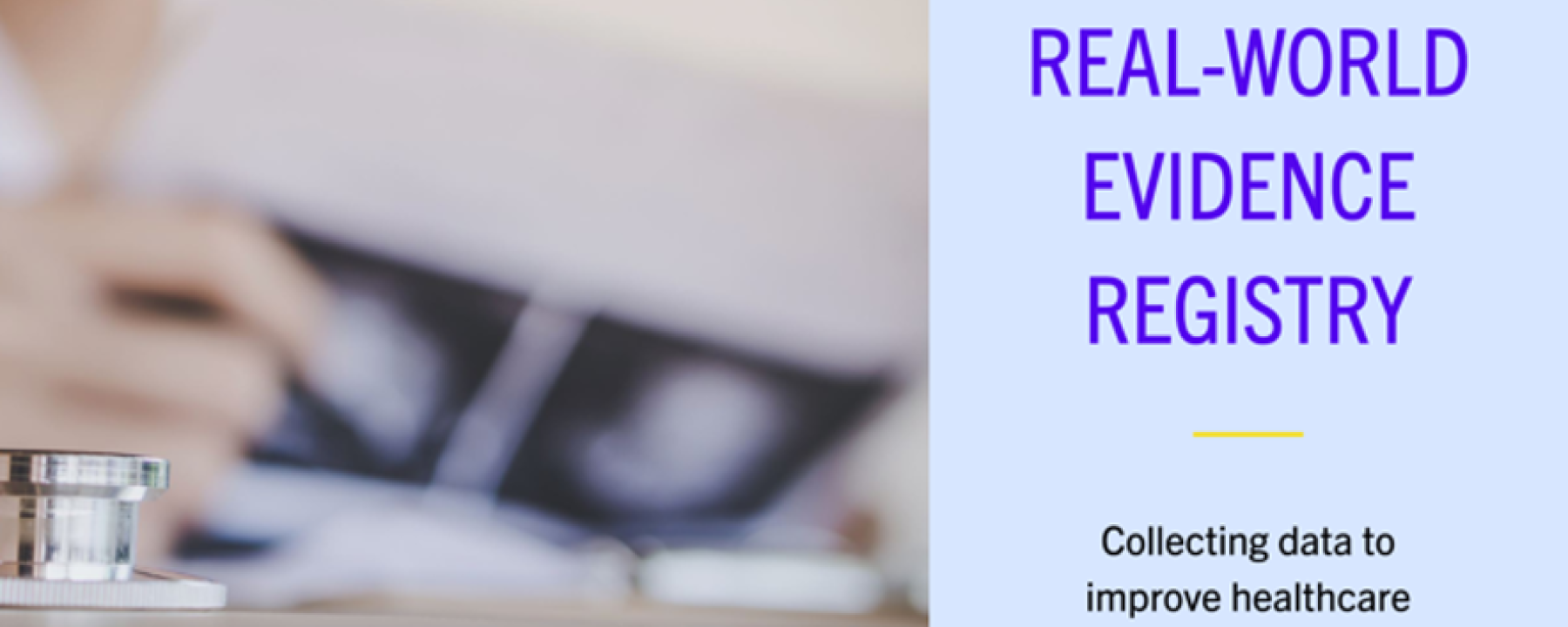
Real World Evidence Registries
A Real-World Evidence (RWE) registry is a type of patient registry specifically designed to collect and analyze data from real-world clinical settings to generate evidence on the effectiveness, safety, and value of medical treatments, interventions, and healthcare practices. Unlike traditional clinical trials, which operate under controlled conditions, RWE registries capture data from routine medical care, providing insights into how treatments perform in diverse, everyday patient populations.

Key Characteristics of RWE Registries:
1. Data Sources:
- RWE registries aggregate data from multiple sources, including electronic health records (EHRs), claims data, pharmacy records, laboratory results, wearable devices, patient-reported outcomes, and more.
2. Patient Diversity:
- They include a broad and diverse patient population, reflecting real-world variations in demographics, comorbidities, and healthcare settings.
3. Longitudinal Data:
- RWE registries often collect data over extended periods, allowing for the study of long-term outcomes and trends.
Objectives of RWE Registries:
1. Effectiveness and Safety Monitoring:
- Assess the real-world effectiveness and safety of treatments beyond the controlled environment of clinical trials.
- Identify rare adverse events and long-term side effects.
2. Health Economics and Outcomes Research:
- Evaluate the cost-effectiveness and value of healthcare interventions in routine practice.
- Inform healthcare policy and reimbursement decisions by payers.
3. Quality Improvement:
- Monitor and improve the quality of care by identifying best practices and areas needing improvement.
- Benchmark performance across different healthcare providers and systems.
4. Patient-Centered Outcomes:
- Collect and analyze patient-reported outcomes and quality of life measures to understand the impact of treatments from the patient's perspective.
Examples of RWE Registries:
1. The Observational Health Data Sciences and Informatics (OHDSI) Network:
- A collaborative network that uses observational health data to generate real-world evidence. OHDSI's databases include EHRs, claims data, and other sources from around the world.
2. The National Patient-Centered Clinical Research Network (PCORnet):
- A national network in the United States that aims to conduct patient-centered comparative effectiveness research. PCORnet links EHRs, claims data, and patient-reported outcomes across multiple healthcare systems.
3. The International Consortium for Health Outcomes Measurement (ICHOM):
- ICHOM develops standardized outcome measures for various health conditions and supports the collection of real-world data to benchmark and improve health outcomes globally.
Key Components of RWE Registries:
- Systematic and structured collection of data from routine clinical practice, including patient demographics, diagnoses, treatments, outcomes, and healthcare utilization.
2. Data Integration and Management:
- Integration of data from multiple sources into a cohesive database. Ensuring data quality, consistency, and interoperability is crucial.
3. Governance and Ethics:
- Establishment of governance frameworks to oversee data use, privacy, and security. Ethical considerations include patient consent, data anonymization, and compliance with regulations like GDPR and HIPAA.
4. Analytics and Reporting:
- Advanced analytics to process and analyze large datasets. This may involve machine learning, natural language processing, and statistical methods to generate actionable insights.
- Regular reporting to stakeholders, including healthcare providers, researchers, policymakers, and patients.
Benefits of RWE Registries:
1. Enhanced Generalizability:
- Findings from RWE registries are often more generalizable to the broader patient population compared to controlled clinical trials.
2. Timely Insights:
- RWE registries can provide timely information on emerging trends, treatment patterns, and outcomes, supporting rapid decision-making.
3. Cost-Effectiveness:
- By leveraging existing data from routine care, RWE registries can be more cost-effective than conducting new clinical trials for every research question.
4. Patient Engagement:
- Involving patients in the collection of real-world data can enhance engagement and ensure that research addresses outcomes that matter to patients.
Challenges and Considerations:
- Data Quality and Consistency: Ensuring high-quality, consistent data across different sources is critical but challenging.
- Privacy and Security: Protecting patient privacy and securing sensitive health data is paramount.
- Bias and Confounding: Addressing potential biases and confounding factors inherent in real-world data requires robust analytical methods.
Real-world evidence registries are powerful tools for generating actionable insights that improve healthcare delivery, inform clinical and policy decisions, and ultimately enhance patient outcomes.
With our Real-World Data/ Evidence Services for the Pharma and Healthcare Industry, which include Data Collection and Integration, Data Cleaning and Validation, among others, you will have access to Real-World Evidence Registries. These services will allow you to:
- Access reliable data
- Integrate multiple sources
- Perform thorough data cleaning and validation
- Analyze trends and outcomes
- Ensure regulatory compliance
Contact us for more information on how our services can benefit your organization and help you achieve your goals.
contacto@propharmaresearch.com
